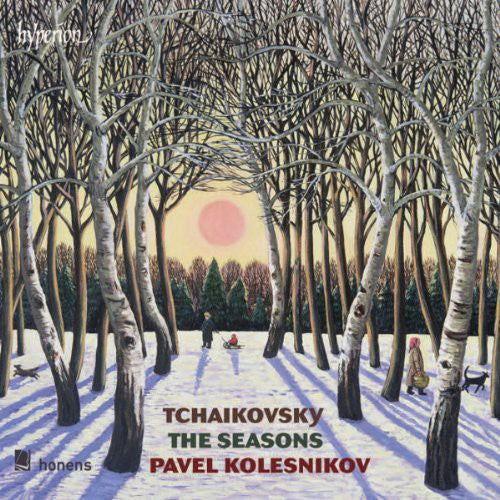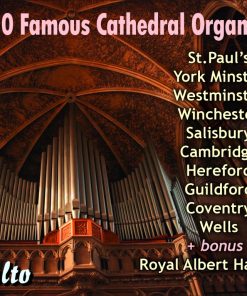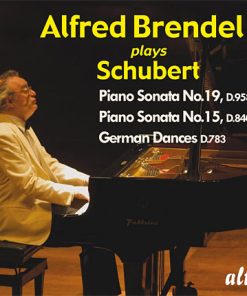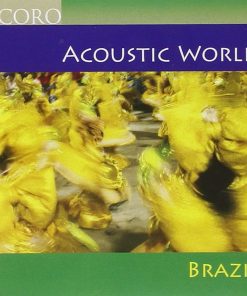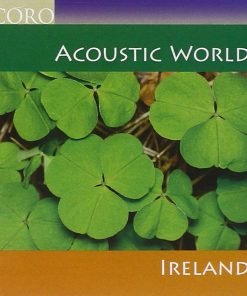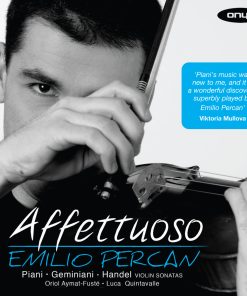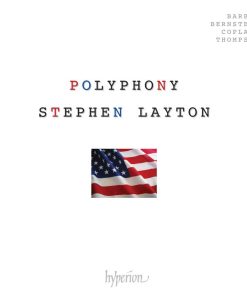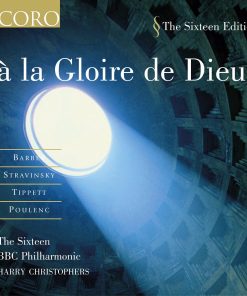Tchaikovsky: The Seasons, Six Morceaux – Pavel Kolesnikov Hyperion
$ 20,99 $ 12,59

The seasons Op 37b[44’11]
1
No 1 January, ‘By the fireside’: Moderato semplice ma espressivo[5’27]
2
No 2 February, ‘Carnival’: Allegro giusto[2’35]
3
No 3 March, ‘The lark’s song’: Andantino espressivo[2’40]
4
No 4 April, ‘The snowdrop’: Allegretto con moto e un poco rubato[2’20]
5
No 5 May, ‘White nights of May’: Andantino[4’39]
6
No 6 June, ‘Barcarolle’: Andante cantabile[5’35]
7
No 7 July, ‘Reaper’s song’: Allegro moderato con moto[1’43]
8
No 8 August, ‘Harvest’: Allegro vivace[3’29]
9
No 9 September, ‘The hunt’: Allegro non troppo[2’37]
10
No 10 October, ‘Autumn song’: Andante doloroso e molto cantabile[5’58]
11
No 11 November, ‘Troika’: Allegro moderato[2’52]
12
No 12 December, ‘Christmas’: Tempo di valse[4’16]
Six morceaux Op 19[31’17]
13
Rêverie du soir: Andante espressivo[5’31]
14
Scherzo humoristique: Allegro vivacissimo[3’57]
15
Feuillet d’album: Allegretto simplice[1’50]
16
Nocturne: Andante sentimentale[4’09]
17
Capriccioso: Allegretto simplice – Allegro vivacissimo – Tempo I[4’09]
18
Thème original et variations: Andante non tanto – Variations 1-12[11’41]

Pavel Kolesnikov became Laureate of the Honens Prize for Piano in 2012 and gave his Wigmore Hall debut at the beginning of 2013. In his five-star review for The Daily Telegraph, John Allison praised the Russian-born, London-based artist for his recital’s ‘intelligent programming and outstanding pianism … one of the most memorable of such occasions London has witnessed’.
Hyperion is delighted to present this brilliant young artist in an album of Tchaikovsky’s Les saisons and Six morceaux.
Tchaikovsky’s symphonies and ballets are perhaps the most popular and frequently performed in the entire canon—compared to them his piano music is little-known. It is generally of a much more intimate nature than that of his compatriots, and has more in common with the emotional subtleties—and melodic beauties—of Schumann’s music.
The seasons is a cycle of twelve pieces, taking the listener through the months of the year. Each piece also has an atmospheric epigraph. The Six morceaux, Op 19, conclude with the ‘Thème original et variations’, which is often performed alone as a concert piece, but is particularly satisfying in context, as recorded here.
Fast Shipping and Professional Packing
Due to our longstanding partnership with UPS FedEx DHL and other leading international carriers, we are able to provide a range of shipping options. Our warehouse staff are highly trained to pack your goods exactly according to the specifications that we supply. Your goods will undergo a thorough examination and will be safely packaged prior to being sent out. Everyday we deliver hundreds of packages to our customers from all over the world. This is an indication of our dedication to being the largest online retailer worldwide. Warehouses and distribution centers can be located in Europe as well as the USA.
Orders with more than 1 item are assigned processing periods for each item.
Before shipment, all ordered products will be thoroughly inspected. Today, most orders will be shipped within 48 hours. The estimated delivery time is between 3-7 days.
Returns
The stock is constantly changing. It's not entirely managed by us since we are involved with multiple parties such as the factory and our storage. The actual stock can fluctuate at any time. Please understand it may happen that your order will be out of stock when the order is placed.
Our policy is valid for 30 days. If you haven't received your product within 30 days, we're not able to issue either a return or exchange.
You are able to return a product if it is unused and in the same condition when you received it. It must also still remain in the original packaging.
Related products
MUSIC CD
MUSIC CD
MUSIC CD
MUSIC CD
MUSIC CD
